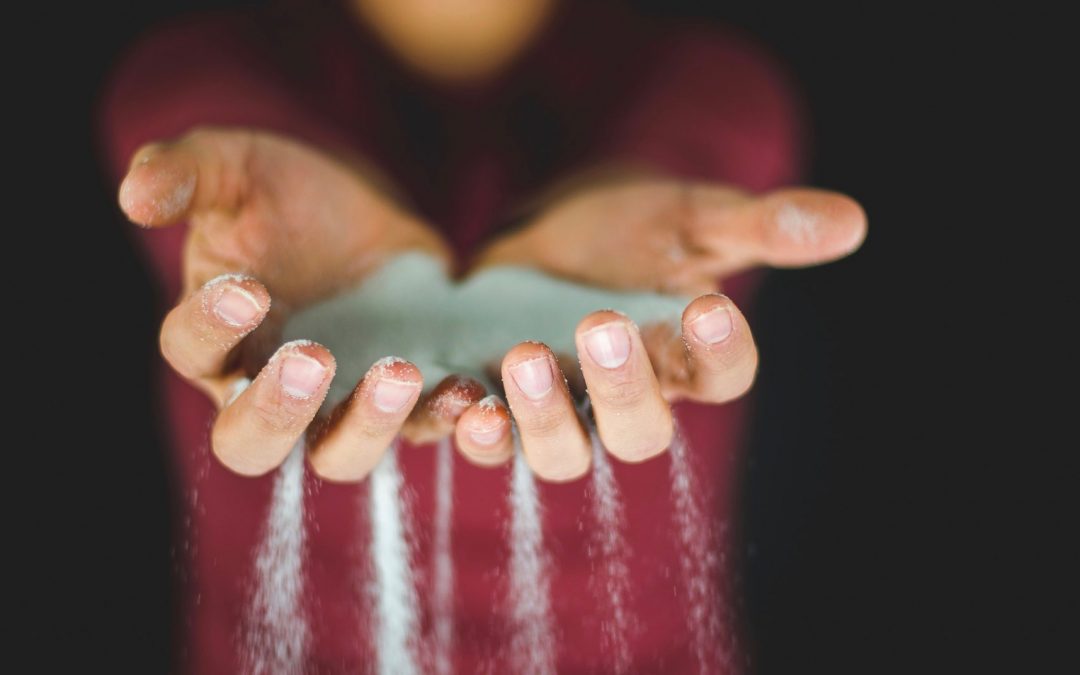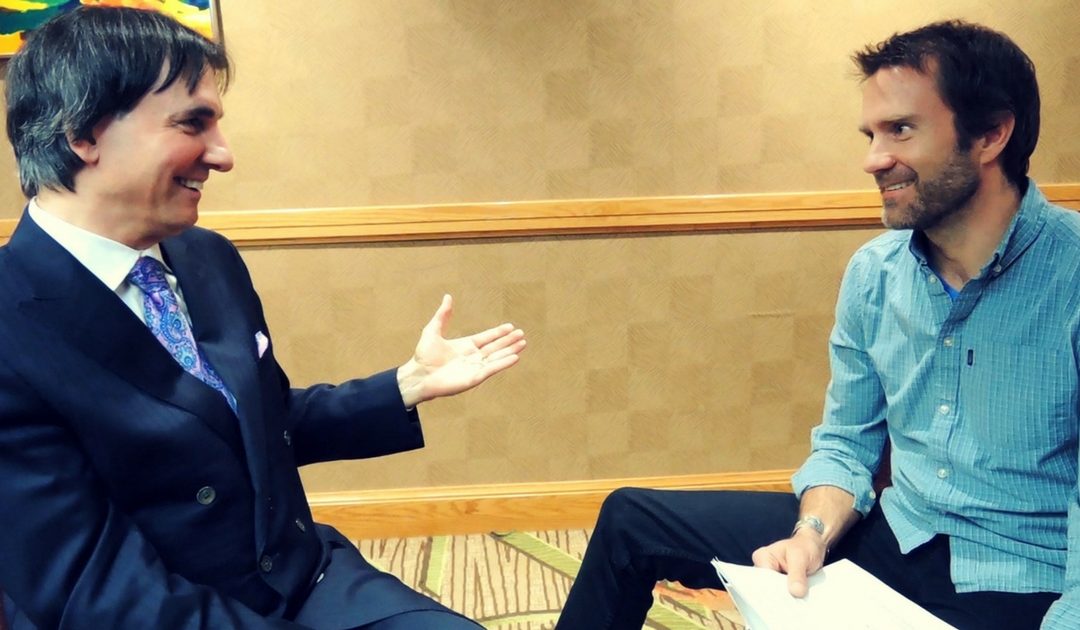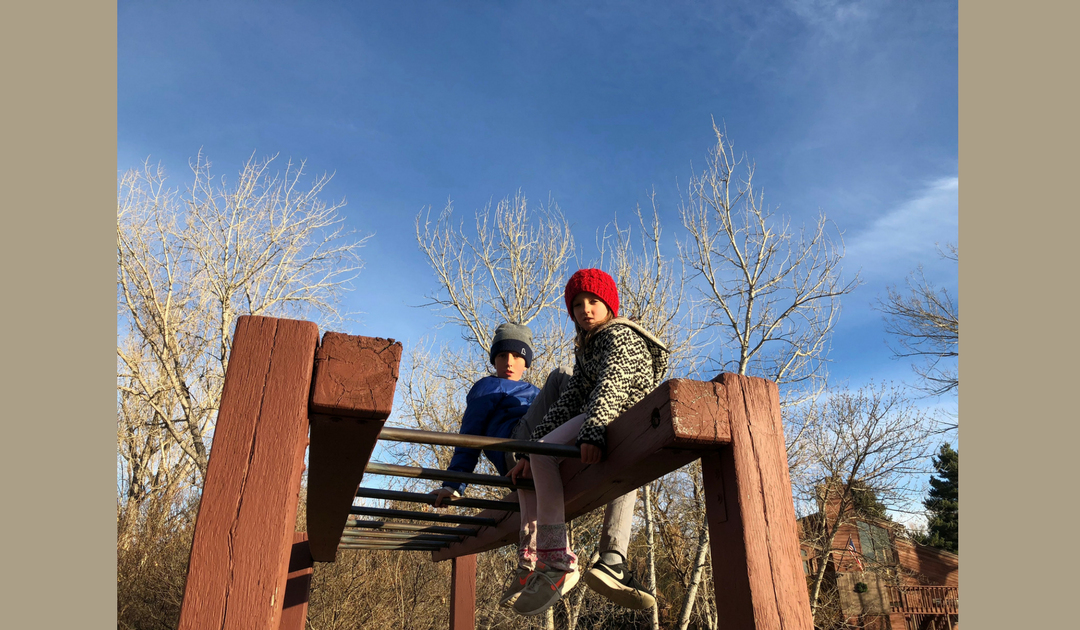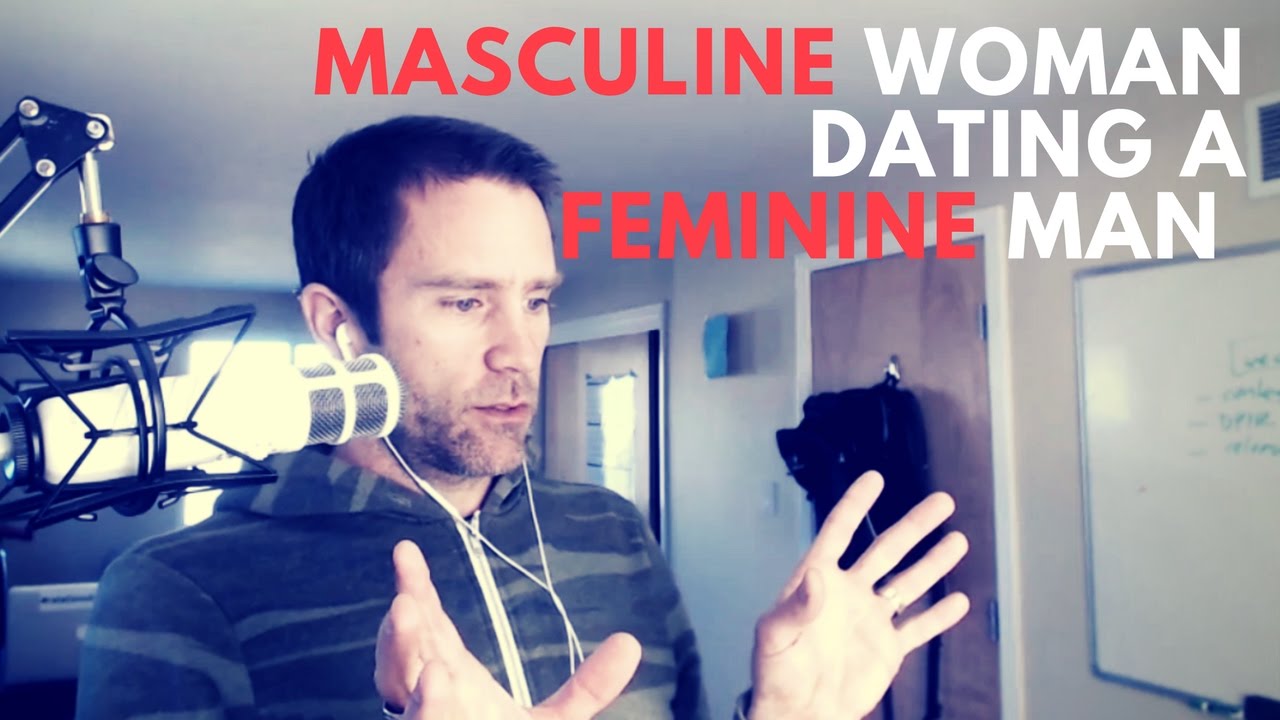Why We Allow Ourselves To Be Treated Like Shit
Do you ever feel disrespected, disregarded or unappreciated, like your partner takes you for granted or doesn’t even care? Perhaps they talk down to you, belittle you, or walk all over you.
Maybe you’re in an abusive relationship?
Does this have you feeling scared, resenting, or blaming them and making them the problem?
“He’s doing this!” “She’s not doing that!” And on and on…
It makes sense. If I’m in a relationship with you, and you treat me poorly, my first knee-jerk response is to make you the problem. “You are doing this to me.” Grrrr.
No human likes getting treated badly, so I hear you.
However, when you’re struggling in your relationship complaining and blaming will only get you where you are currently getting–nowhere.
Pointing the finger at him or her and looking outside of yourself keeps you stuck in the victim seat and I’m pretty sure you don’t want to stay stuck there.
There is another way…
One of the first tools you learn here at the Relationship School® is personal responsibility where you look in the mirror to own and understand your part in the dynamic.
Because when you take responsibility for your situation, you can actually do something about it, which is the only way to get empowered. If I make you the problem (outside of my control), I can’t.
Try this instead:
And if you look hard and long enough, you’ll see the root of the issue lies in your self-worth.
That’s right, YOUR low self-worth is at the core of this painful dynamic.
If you want to get out of a relationship where you feel as though you are treated poorly, you have to be willing to value yourself more.
It’s not an easy fix. It takes effort. Most people would rather try and change the other person. “Hey, stop treating me like shit.” And that is a good boundary to set. However, if their behavior continues to be mean and you keep staying, you are dealing with a self-worth issue.
Remember, you’ve attracted this person to learn something. And that something is likely how to value and respect yourself.
Do some digging here. Find out where you don’t feel valued or are hard on yourself. Discover where do you feel unworthy, and get to know where that lives in you.
Your self-worth will determine your relationship fate… and by being disrespected, you are being challenged to invest in yourself. Right now.
Why would you expect another person to value you, when you are not willing to value yourself?
This is why people stay in hurtful relationships where they allow themselves to be treated badly. They keep wanting it from the outside first. Understandable, but it never works.
Make a choice. Do you want to keep doing this?
This is your opportunity to value yourself way more than you already do.
As you learn to value and respect yourself more, you get stronger and will no longer tolerate relationships where people are hurtful towards you. This doesn’t mean you won’t feel hurt at times or get hurt. It means you won’t allow yourself to be treated poorly. You’ll know the difference.
It starts with you, and it ends with you. That is personal responsibility!
And hey, we all have self-worth issues. You’re not alone. It’s normal. But don’t be another stuck victim. Take action now. You’re bigger and better than this!
Trust me, as you improve your self-worth you can have what’s possible: a great relationship with yourself – and with another!
Want to go further? At The Relationship School® we have a whole class dedicated to self-worth (so powerful!) and the steps to help you address your own self-worth issues.
_____________
Photo credit: Ben White, Unsplash
You might also like this: How Do You Measure Your Self-Worth?
















